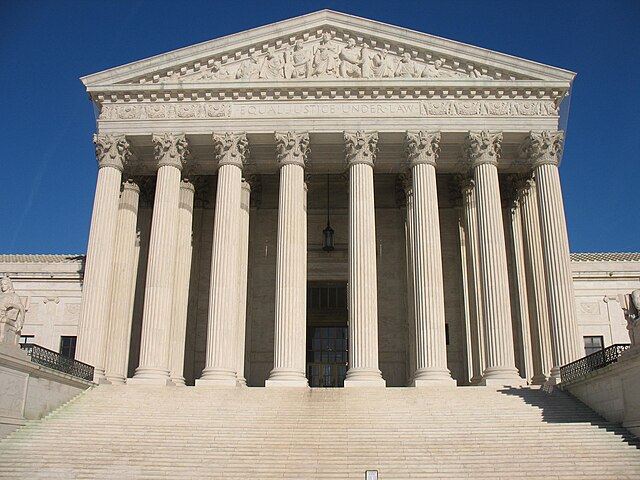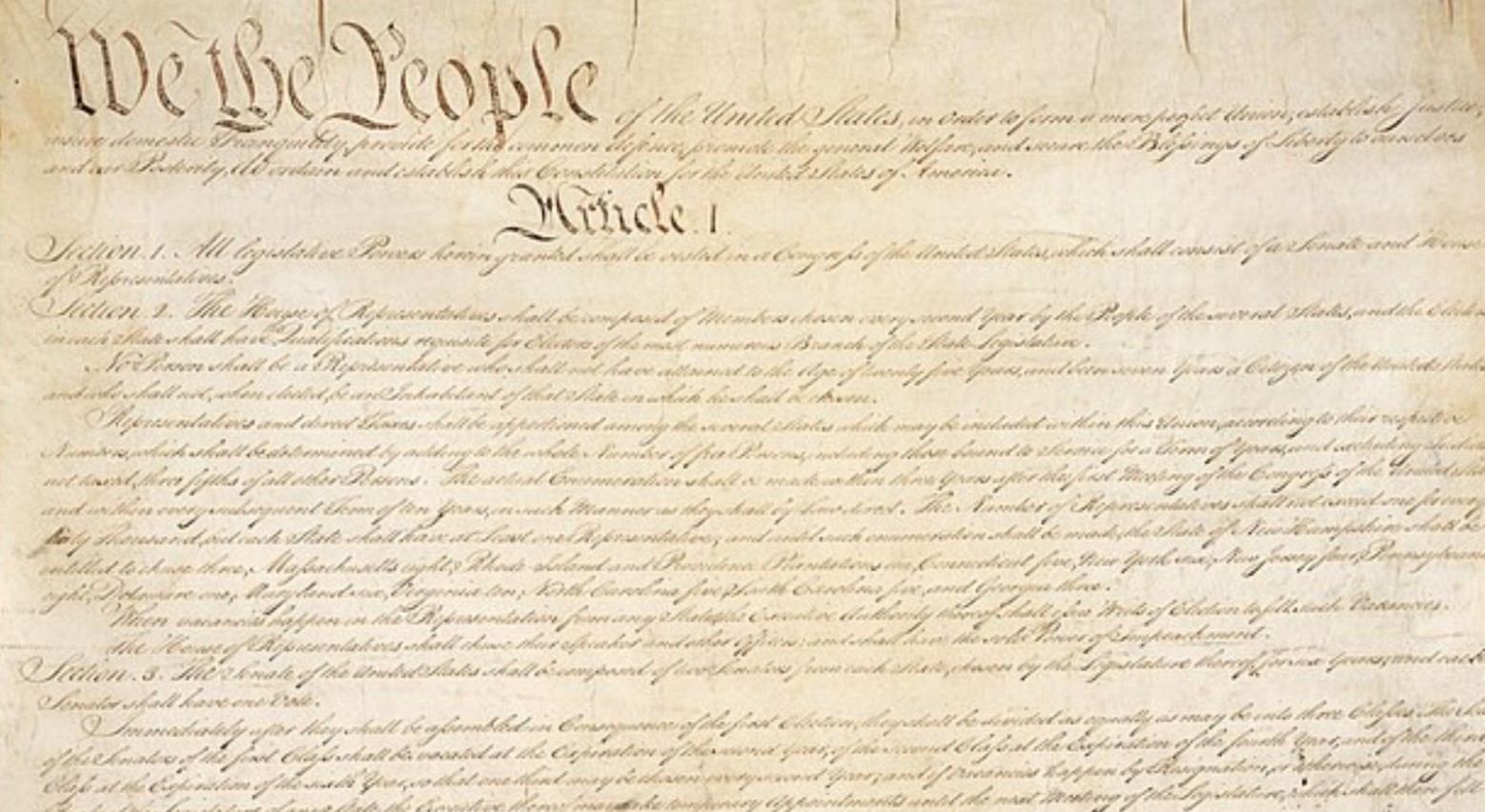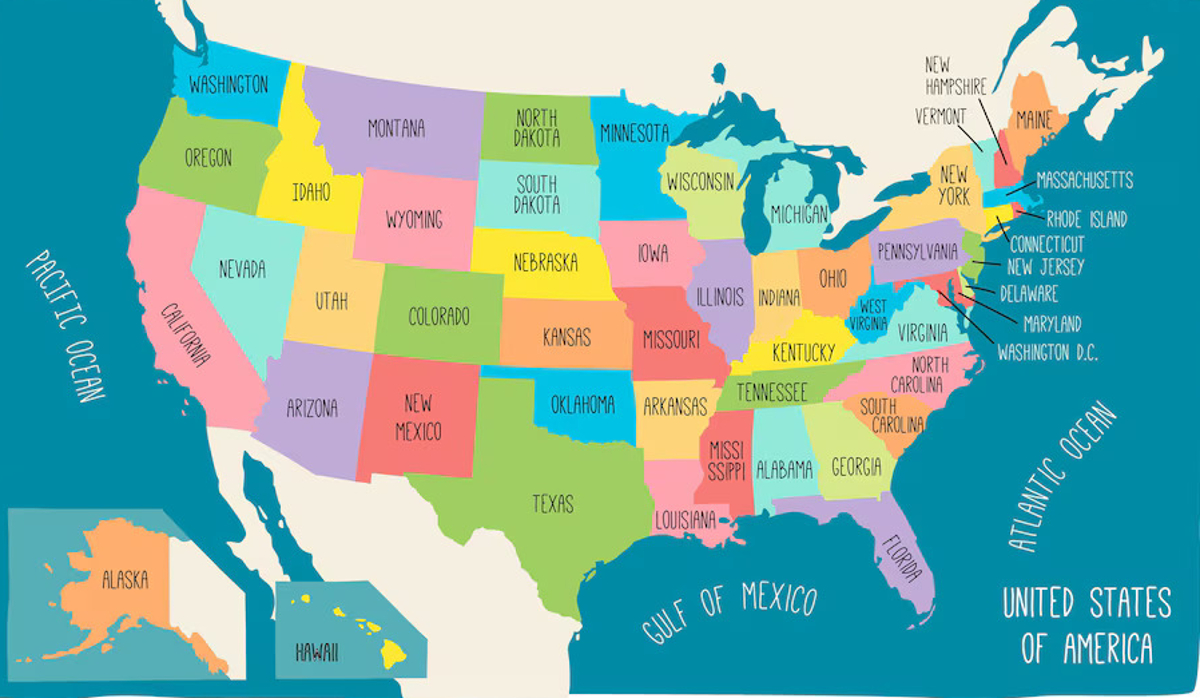California Argues Acquiring Firearms is Not a Constitutional Right
California has stirred considerable controversy with its recent legal stance, arguing that the Second Amendment does not protect the right to acquire firearms.
This argument surfaced during the ongoing Nguyen v. Bonta lawsuit, which challenges the state’s restrictive “one gun a month” policy. Clayton Morris of Copper Jacket TV delved into the implications and public reactions to this position.
“One Gun a Month”
California’s stringent gun control measures have long faced criticism, but this current argument has intensified the debate. State officials contend that the Second Amendment only guarantees the right to bear arms, not to acquire them.

Source: Freepik
The lawsuit Nguyen v. Bonta challenges California’s law restricts residents to purchasing one firearm every 30 days with plaintiffs claiming it imposes unnecessary and unconstitutional restrictions on Second Amendment rights.
California Defends Law with Historical Precedents
In defending the “one gun a month” law, California states that the Second Amendment does not ensure the right to acquire multiple firearms in a short period.

Source: Eric Chan, Wikimedia
The state supports its stance by citing historical regulations on gunpowder storage and transport, arguing these historical precedents align with their current law.
Response from Judge
The Ninth Circuit Court of Appeals has expedited the case, moving swiftly with oral arguments.

Source: Freepik
Judge Nelson’s strong opposition criticized California’s argument, stating that the right to purchase a firearm is indeed covered by the Second Amendment’s text, and that the historical examples California referenced do not justify the current restrictions.
Potential Implications for Other States
California’s argument has far-reaching implications beyond the Nguyen v. Bonta case. If accepted, it could lead to more stringent firearm acquisition regulations, potentially setting a precedent for other states.

Source: Nico Smit, Unsplash
This possibility has alarmed many Second Amendment advocates who consider the right to acquire firearms fundamental to the right to bear arms.
Outrage from Gun Rights Supporters
Public reaction has been intense, with many gun rights supporters expressing outrage, viewing this as an attempt to undermine constitutional protections.

Source: LOGAN WEAVER | @LGNWVR/Unsplash
Legal experts also challenge the validity of California’s historical analogs, arguing that regulations from the 1970s cannot be directly compared to 18th-century principles.
Supreme Court May Hear The Case
The high stakes of this case suggest it may eventually reach the Supreme Court. If the Supreme Court hears the case, it could result in a landmark decision clarifying the extent of the Second Amendment’s protections.

Source: Kjetil Ree, Wikimedia
Many legal analysts believe the Supreme Court might find California’s law unconstitutional, based on recent decisions like the Bruen ruling.
Historical References
The debate over the right to acquire firearms involves broader historical and constitutional issues. The Supreme Court’s previous rulings have emphasized the need to consider the historical context of the Second Amendment, specifically the laws and traditions at the time of the United States’ founding.

Source: Constitutional Convention/Wikimedia Commons
California’s reliance on more recent historical references raises questions about their appropriateness and relevance.
The People’s Opinions
In the video comments, opinions were strongly expressed: “The state does not determine the rights of the people. The 2nd amendment puts limits on the government, not limits on the people.”

Source: Tom Def/Unsplash
Another commenter added: “What I don’t like is Bonta isn’t even from this country and now he wants to tell me, a Daughter of the American Revolution, about my rights. What a Fricking JOKE. Go home, I say.”
Future Impact
As the case progresses, gun rights and gun control policies will be greatly affected across the United States. The “one gun a month” law could be invalidated if there is a ruling against California and potentially challenge other restrictive gun laws in the state.

Source: Freepik
Conversely, a ruling in favor of California could encourage other states to enact similar regulations.
The Debate Continues
California’s claim that acquiring firearms is not a constitutional right has ignited a fierce legal and public debate. The outcome of Nguyen v. Bonta will be closely watched, as it could redefine the scope of the Second Amendment and influence future gun control legislation.

Source: Rawpixel.com, Freepik
As the legal battle continues, the fundamental question remains: does the Second Amendment protect the right to acquire firearms, or only the right to bear them? Explore the full insights by viewing the video on Copper Jacket TV’s YouTube channel.
Future Gun Control Impacts
What are your thoughts? How might a Supreme Court ruling on Nguyen v. Bonta impact future gun control legislation nationwide?

Source: Bermix Studio/Unsplash
What could be the consequences for Second Amendment rights if acquiring firearms is deemed not constitutionally protected? How do historical regulations on firearms compare to modern gun control measures in terms of constitutional validity?
